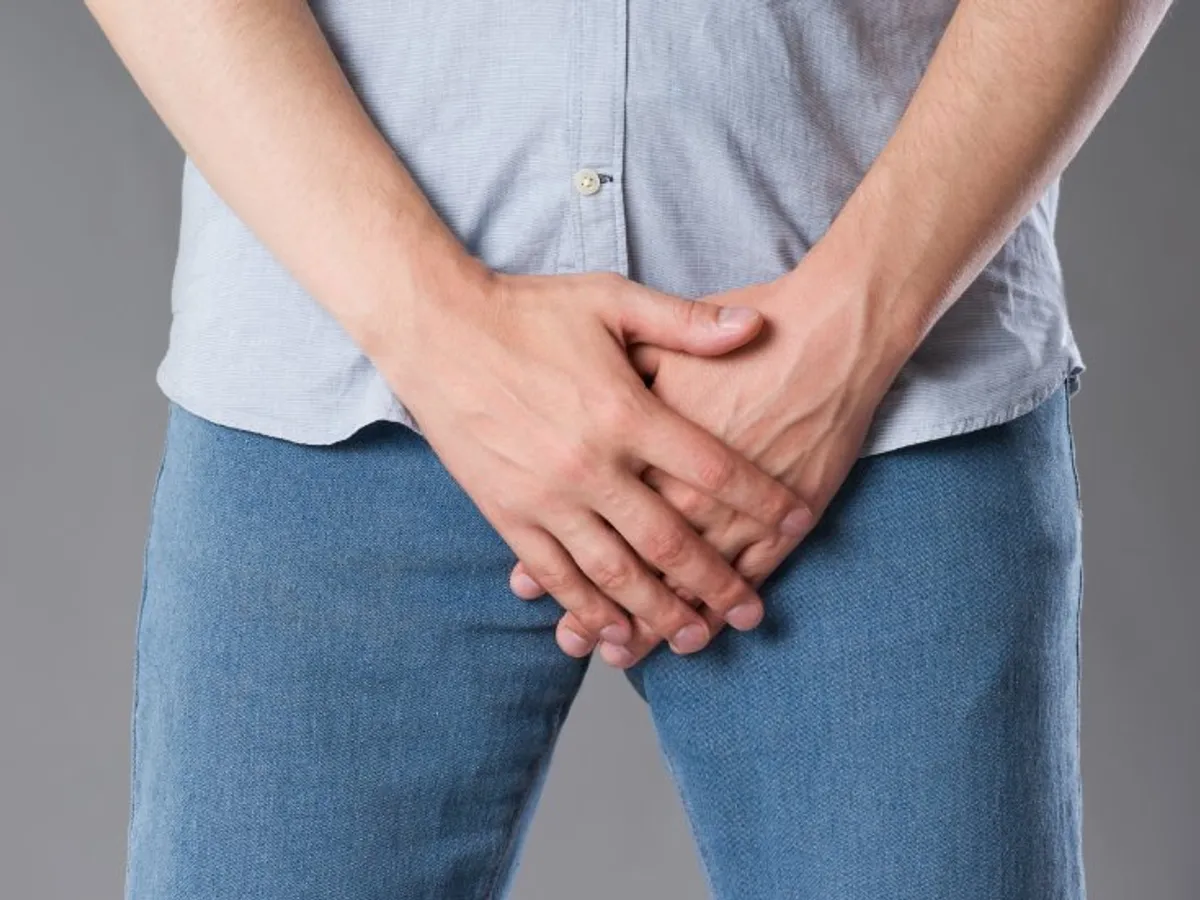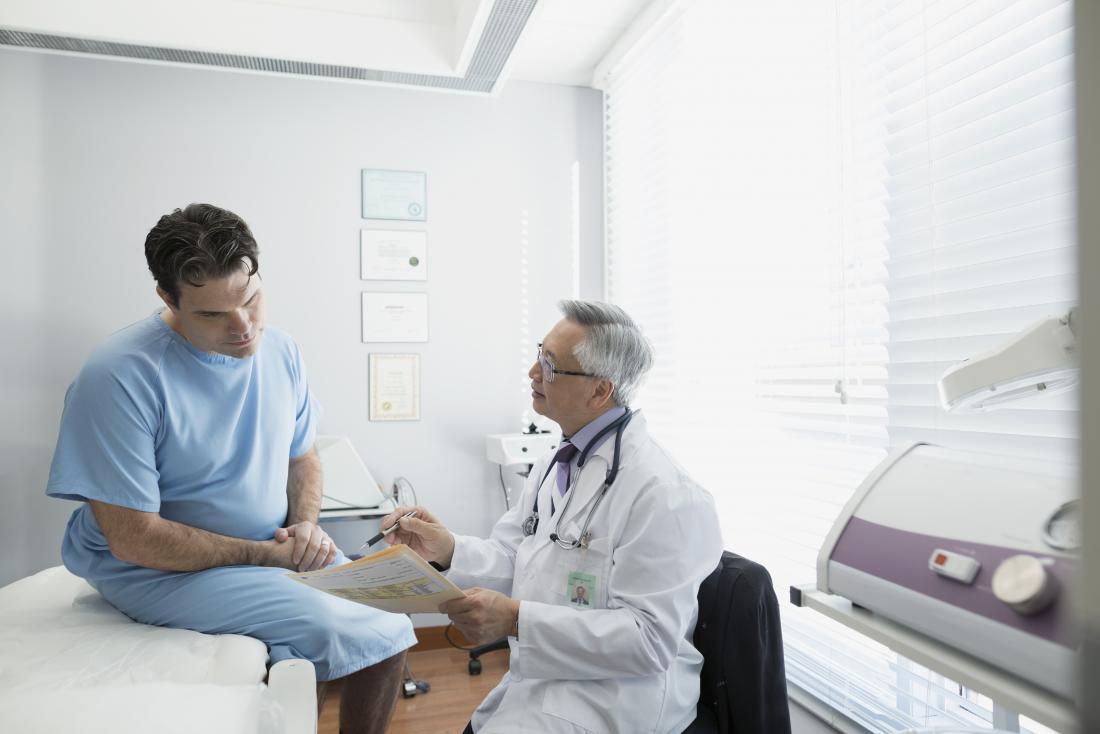Sexually transmitted diseases (STDs) are a serious concern for men, as they can cause a variety of symptoms and complications. These diseases can be transmitted through sexual contact with an infected partner, and they can have a significant impact on a man’s health and well-being. In this article, we will explore the symptoms of STDs in men and the treatments that are available to manage them.
Symptoms of STD in Men
The first symptom of an STD in men is often a change in the appearance of the genitals. This can include redness, itching, or soreness around the penis or testicles. Men may also experience a burning sensation when urinating or a discharge from the penis. These symptoms can be caused by a variety of STDs, including chlamydia, gonorrhea, and syphilis.
Another common symptom of an STD in men is a rash or sore on the genitals or anus. This can be caused by herpes, syphilis, or other STDs. Men may also experience pain or discomfort during intercourse or ejaculation. These symptoms can be caused by a variety of STDs, including chlamydia, gonorrhea, and syphilis.
In addition to the physical symptoms of STDs, men may also experience emotional and psychological symptoms. These can include anxiety, depression, and a sense of shame or embarrassment. Men may also experience difficulty maintaining relationships or a lack of self-esteem.
Treatment for STD in Men
The treatment for STDs in men depends on the specific disease. Antibiotics are the most common treatment for bacterial STDs, such as chlamydia and gonorrhea. These antibiotics can be taken orally or through injections. In some cases, men may need to take multiple rounds of antibiotics to fully eliminate the infection.
Antiviral medications are used to treat viral STDs, such as herpes and HIV. These medications can help to reduce the number of outbreaks and the severity of symptoms. In some cases, antiviral medications may be taken for life to manage the disease.
Men who have syphilis may need to undergo a series of penicillin injections to eliminate the infection. In some cases, men with syphilis may also need to take antibiotics to manage any complications that may occur.
It is important to note that not all STDs can be cured, and in some cases, the disease may become chronic. In these cases, the focus of treatment is on managing symptoms and preventing complications.
It is essential for men to take steps to protect themselves from STDs. This includes practicing safe sex by using condoms or other forms of birth control. Men should also get tested regularly for STDs, especially if they have multiple sexual partners or engage in risky sexual behavior.
In conclusion, STDs are a serious concern for men, as they can cause a variety of symptoms and complications. Men may experience physical symptoms, such as redness, itching, or soreness around the genitals, as well as emotional and psychological symptoms. The treatment for STDs in men depends on the specific disease and may include antibiotics, antiviral medications, or a combination of both. Men should take steps to protect themselves from STDs by practicing safe sex and getting tested regularly.

 Home
Home Health
Health Diet & Nutrition
Diet & Nutrition Living Well
Living Well More
More












